Should Student-Athletes Be Paid to Play?
During the height of March Madness, Kiplinger.com contributing editor and NFL linebacker Brandon Copeland and Casey Schwab, founder and CEO of Altius Sports, discuss financial compensation for student athletes.

Profit and prosper with the best of Kiplinger's advice on investing, taxes, retirement, personal finance and much more. Delivered daily. Enter your email in the box and click Sign Me Up.
You are now subscribed
Your newsletter sign-up was successful
Want to add more newsletters?

Delivered daily
Kiplinger Today
Profit and prosper with the best of Kiplinger's advice on investing, taxes, retirement, personal finance and much more delivered daily. Smart money moves start here.

Sent five days a week
Kiplinger A Step Ahead
Get practical help to make better financial decisions in your everyday life, from spending to savings on top deals.

Delivered daily
Kiplinger Closing Bell
Get today's biggest financial and investing headlines delivered to your inbox every day the U.S. stock market is open.

Sent twice a week
Kiplinger Adviser Intel
Financial pros across the country share best practices and fresh tactics to preserve and grow your wealth.

Delivered weekly
Kiplinger Tax Tips
Trim your federal and state tax bills with practical tax-planning and tax-cutting strategies.

Sent twice a week
Kiplinger Retirement Tips
Your twice-a-week guide to planning and enjoying a financially secure and richly rewarding retirement

Sent bimonthly.
Kiplinger Adviser Angle
Insights for advisers, wealth managers and other financial professionals.

Sent twice a week
Kiplinger Investing Weekly
Your twice-a-week roundup of promising stocks, funds, companies and industries you should consider, ones you should avoid, and why.

Sent weekly for six weeks
Kiplinger Invest for Retirement
Your step-by-step six-part series on how to invest for retirement, from devising a successful strategy to exactly which investments to choose.
Brandon Copeland: What's up everybody, it's your boy, Brandon Copeland, a/k/a Professor Cope and you are now tuning into another very, very special episode of Cope'ing With Money. It is March, March Madness is in the air. This is a beautiful time and definitely a special time, because last year we did not have this, so it's good to see the players out there playing, having fun, fans rooting for their teams and people's brackets being busted on a daily basis. There's been a long-standing debate of whether or not student athletes should be compensated for their play.
Brandon Copeland: A lot of times you hear about, "Well, those students are getting a scholarship, they're getting an education." That's really good. A lot of these games are played during the middle of the week when they should be in class, so I wanted to sit down with my buddy, CEO of Altius Sports, founder Casey Schwab, and I wanted to talk with him about his take on whether or not student athletes should be compensated. Without further ado, Casey, do you think college athletes should be paid?
Casey Schwab: The short version is college athletes haven't been paid, they haven't been paid for if you see a jersey or if you see them in the video game, which we can talk about more about that now they're going to be able to. It's a whole new frontier. It's going to completely change college sports, and that's where we come in is getting in front of all of the stakeholders, most importantly the student athletes to educate them on how to manage this.
From just $107.88 $24.99 for Kiplinger Personal Finance
Become a smarter, better informed investor. Subscribe from just $107.88 $24.99, plus get up to 4 Special Issues

Sign up for Kiplinger’s Free Newsletters
Profit and prosper with the best of expert advice on investing, taxes, retirement, personal finance and more - straight to your e-mail.
Profit and prosper with the best of expert advice - straight to your e-mail.
Brandon Copeland: Student athletes are closer than they have been in the past to actually having an opportunity to potentially profit off of their name, image, and likeness although we understand that there will be an uphill legal battle. First and foremost, what is name, image, and likeness? Can you define those for us?
See All of Brandon Copeland's Cope'ing With Money Features on Kiplinger.com.
Casey Schwab: For sure. For sure. Name, easy. Brandon Copeland. Image, take a picture of Brandon Copeland right now and we go out and sell it. That's image. That's an image. Likeness is a caricature, is a cartoon, is something that you can identify of the person. Colin Kaepernick. If you had a silhouette of a dude wearing a red jersey, number 7, had a big Afro when he had the fro. And it's not an image. It's not a picture of Colin, but you can tell it's Colin Kaepernick because of the silhouette, that's his likeness. Anything that you can tie identifiably to a person, that's their likeness.
Brandon Copeland: Now that the potential of a student athlete being able to profit off of their name, image, and likeness is on the horizon, what advice would you give to one of these student athletes or anybody out there who is looking to maximize their own personal brand and monetize their passions?
Casey Schwab: What do you want to be about? It's asking these student athletes, "What are you about? You're trying to make the league?" Whether it's women's basketball in the W or it's college football player and the NFL. "Are you trying to make a league," or "Are you trying to go and be an entrepreneur," or, "Are you trying to make as much money as you can right now?" If you think about your working career, you got about 40 years, right? So you got each decade, each 10-year period is think about it like your freshman year, sophomore, your junior, your senior year. You're at the end of your freshman year if you use the metaphor. So now you're at your sophomore year and you've got three years left, man, you've got three decades left. What are you going to do in that first decade, that first chapter to empower yourself for the next three?
Brandon Copeland: Why limit college athletes' compensation to name, image, and likeness? Why not just make college sports programs operate like a business and pay these athletes for all their efforts that make money for the school?
Casey Schwab: I've got asked this question before, "Well, shouldn't we just flip the table, completely change it, and make all of these college athletes professionals? Take the student out of it, take the scholarship stuff out of it, take the class out of it." If you do that, there are going to be a lot of 18- to 22-year-old young adults, we'll call them, without a label who play sports, who will no longer play sports. Namely women and the non-revenue sports because if you run it like a business, if you and I were running a lemonade stand and we had all these different types of lemonade. We have pineapple lemonade, we have strawberry lemonade, raspberry lemonade. Well ...
Brandon Copeland: That sounds good.
Casey Schwab: It does sound good, but if raspberry lemonade turned a profit, but none of the other types of lemonade we were selling turned a profit, what would we do? We'd get rid of the pineapple and the cucumber and the whatever that didn't sell. We would focus on the profit-generating sports.
Casey Schwab: And now, look, what's going to happen if you take that to college sports, that's going to leave you football and men's basketball. That's why there's this heated debate right now about, "Should we pay college athletes? Should we call them student athletes?" I don't know what the perfect system is, I don't think anybody does, but what I do know is if you flip the table, as opposed to making incremental steps, there are going to be people who lose along the way.
Brandon Copeland: So it's 2021 and social justice issues are just as prevalent today as they've been throughout the entire history of our country. When I look at the racial makeup of the student athletes playing in the main revenue-generating sports for the NCAA, I cannot help but put this into that social justice bucket. Casey, I'm curious to hear your take on that.
Casey Schwab: You're absolutely right about that, Cope, and that's what's changing and that has to be a good thing. If you think about a piano player, a painter, not an athlete, just a college student, that pianist, that painter can go out and do lessons. The painter can go out and sell his or her paintings and no problem. Can do a name/image/likeness deal. Can sign autographs, get paid. Athletes can't. Historically have not been able to. This is a movement in the right direction for young men and women who are over 18, who should be able to go out and monetize their property, intellectual property, just like anybody else, and along with the economic rights, it's a civil rights issue. If Cope's doing, he wouldn't do a basketball camp cause that jumper, but he might do a linebacker camp and he's teaching kids how to be a linebacker. He's teaching kids how to play football. Why is that different than a pianist teaching kids how to play piano? You should be able to make money off of that and promote it with your NIL and that's what's coming, that's what's changing.
Brandon Copeland: So March Madness is big, big business and for those of us watching the game, it's really cool. It looks like a game, looks like amateurism, but there is a lot of money involved in this. Casey, can you break down some of the money that is generated from March Madness by the NCAA alone?
Casey Schwab: Yeah, so I don't have the exact numbers, but look, the NCAA generates somewhere around $1.1 billion in revenue and somewhere around $850 to $875 million of that, so a large majority of that comes from March Madness. You're talking 80%, 85%, somewhere around there, comes from March Madness. It is a massive, massive revenue driver. Frankly, it keeps the whole ship afloat.
Brandon Copeland: Case, being a former student athlete myself then going into the NFL and now being able to monetize my brand, not that much had changed about me, however, it's just a different league that I was in. You don't think the monetization of student athletes is just that simple, treat them like pros and let them go. Why not?
Casey Schwab: Going to the economics of the NCAA, it's a really convoluted system, frankly. It's not as easy as the NFL or any professional league because if you think about all right, the NFL. There's a dollar that comes in under the collective bargaining agreement, the owners take a percentage, the players take a percentage and then we fight over what those percentages are. It's $1. $1 is $1 is $1 and you take 50 cents, 50%, it's easy.
Casey Schwab: In college, you've got the system of amateurism and folks will scoff at that. They're not amateurs and call it what you want, but you have this system of these athletes are getting scholarships. Those scholarships need to be subsidized. Who subsidizes those? The NCAA. If you think about scholarships for the women's rowing team, or if you think about scholarships for the softball team or the men's rifle team in West Virginia, those scholarships are subsidized by the NCAA.
Casey Schwab: Going back to a point I made before, those sports are not generating profit. You've got to look at each school or each athletic department at each school as an aggregate, one, and then you have to look at the economics of the flow of the money coming from the NCAA. I think it's like $250 [million]? $250 million of that. $1.1 billion is going from the NCAA-backed institutions for their scholarships.
Brandon Copeland: Casey, as we wrap up, I wanted to give you an opportunity to deliver any advice that you have for student athletes out there or anyone watching looking to monetize their brand and maximize any potential opportunities.
Casey Schwab: Learn how to say no. With the newness is going to come the shiny object effect. They're going to say, "Oh my gosh, I can do this now. I can make a hundred bucks? I can make 200 bucks?" Learning how to say no and to take a look at these opportunities from a holistic vantage point of, "What's my brand? What am I about?" like I was saying earlier is going to be really important.
Casey Schwab: What not to do is don't align yourself with people just because you like them. Mom, Dad, roommate, girlfriend, boyfriend, cousin might not be your best business manager. In fact, might be the worst choice for somebody to manage your money because it's a business relationship, if you're going to hire somebody to help you negotiate a contract, and they're going to get paid for that. If you're going to hire somebody to help you manage your money, and they're going to get paid for that, you need to be able to tell that person no, too and it's a lot harder when it's mom. You got to have people in place to help you.
Casey Schwab: By the way, that's not going to be the schools. Know what you have. You know what I mean? You have these rights. It's no different than if I had a Ferrari and somebody said, "Hey, man, I'm going to come over," like you said to me, "Hey, Case, I use your Ferrari just to rent it out on the weekends?"
Casey Schwab: I'd say, "Sure, but you got to pay me for it."
Casey Schwab: That's no different than intellectual property. That's physical property, intellectual property. I can't go and use McDonald's trademark. I can't go use a song. You know what I mean? A song is copyrighted. Right of publicity's the same thing, which is another phrase for NIL. You got to know what you have to go out and monetize it and to protect it. First step is to protect, second step is to monetize.
Brandon Copeland: That's it, everybody. Another episode of Cope'ing With Money in the books. I hope you're all staying healthy. I hope your favorite team is staying healthy. I hope your brackets aren't busted yet, and ultimately I hope you all stay blessed, stay safe. If you want to see more of my financial plays, go to kiplinger.com/cope. Sign up for our free email newsletter by going to kiplinger.com/email. I will see you next time. Stay safe, everybody.
Profit and prosper with the best of Kiplinger's advice on investing, taxes, retirement, personal finance and much more. Delivered daily. Enter your email in the box and click Sign Me Up.

Brandon Copeland, an active, eight-year veteran NFL linebacker, has spent the past two years teaching a class he created, and nicknamed “Life 101,” at his alma mater, the University of Pennsylvania. Life 101 focuses on life’s constant money decisions so that students are better prepared for the financial realities that adulthood brings. Copeland also spends time off of the field consulting and investing in real estate. He is the co-founder of a nonprofit organization, Beyond the Basics Inc., and was the recipient of the 2020 NFLPA Alan Page Community Award, the NFLPA’s highest honor given for extraordinary dedication to service, social justice and equality. He is a member of CNBC’s Financial Wellness Council and the NFL Players Inc. Advisory Committee. Copeland has interned for UBS and Weiss Multi-Strategy Advisers.
-
 Nasdaq Leads a Rocky Risk-On Rally: Stock Market Today
Nasdaq Leads a Rocky Risk-On Rally: Stock Market TodayAnother worrying bout of late-session weakness couldn't take down the main equity indexes on Wednesday.
-
 Quiz: Do You Know How to Avoid the "Medigap Trap?"
Quiz: Do You Know How to Avoid the "Medigap Trap?"Quiz Test your basic knowledge of the "Medigap Trap" in our quick quiz.
-
 5 Top Tax-Efficient Mutual Funds for Smarter Investing
5 Top Tax-Efficient Mutual Funds for Smarter InvestingMutual funds are many things, but "tax-friendly" usually isn't one of them. These are the exceptions.
-
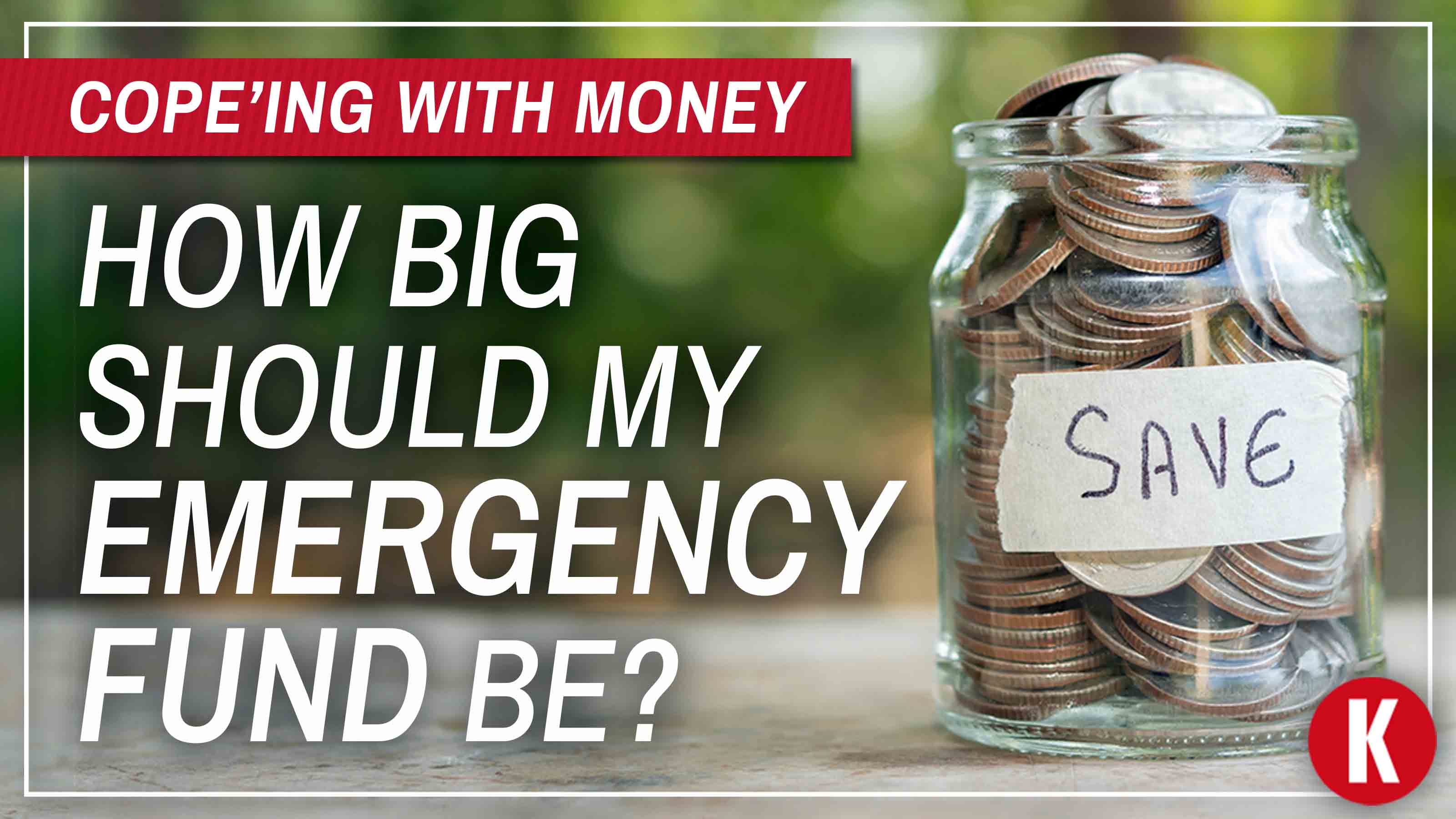 How Big Should My Emergency Fund Be?
How Big Should My Emergency Fund Be?Feature NFL linebacker and Kiplinger contributing editor Brandon Copeland discusses the importance of building an emergency fund.
-
 Homeowners Insurance: How to Protect Your Home
Homeowners Insurance: How to Protect Your HomeBrandon Copeland NFL linebacker and Kiplinger contributing editor Brandon Copeland discusses the ins and outs of homeowners insurance.
-
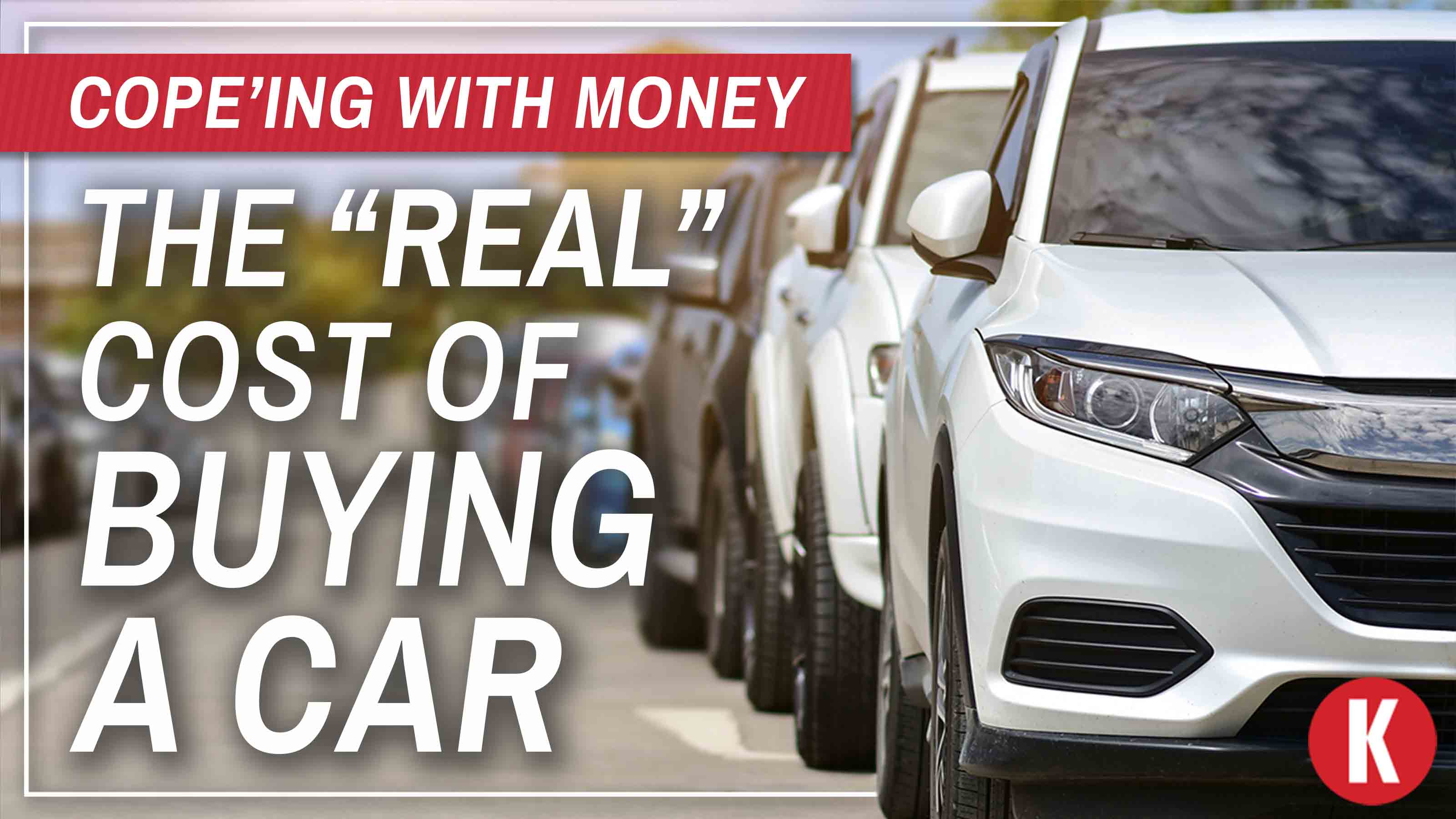 The "Real" Cost of Buying a Car
The "Real" Cost of Buying a CarFeature Atlanta Falcons linebacker and Kiplinger contributing editor Brandon Copeland illustrates how car prices are far more than meets the eye.
-
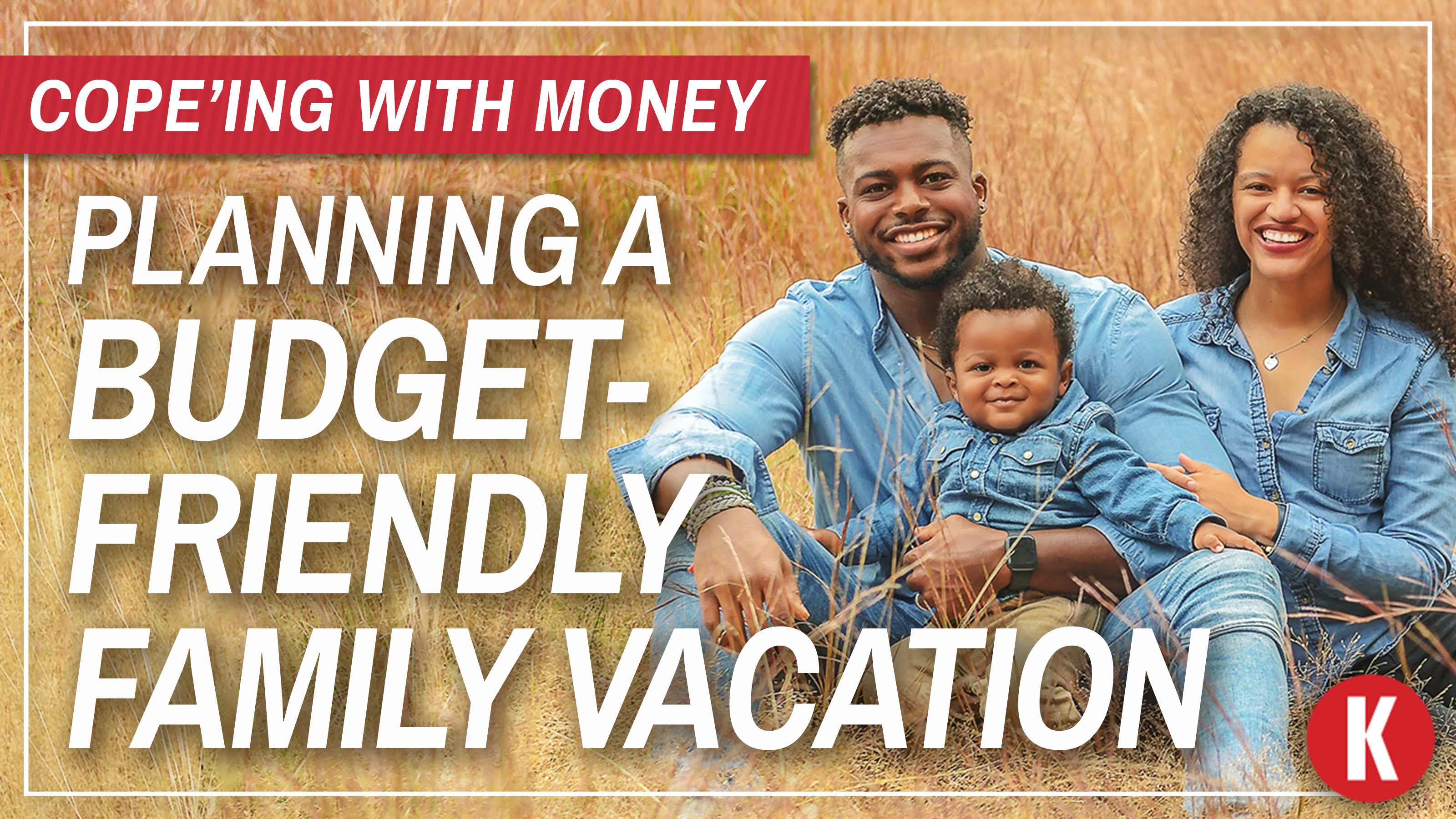 How to Plan a Budget-Friendly Family Vacation
How to Plan a Budget-Friendly Family VacationBrandon Copeland Atlanta Falcons linebacker and Kiplinger contributing editor Brandon Copeland provides tips on how to go on vacation without breaking the bank.
-
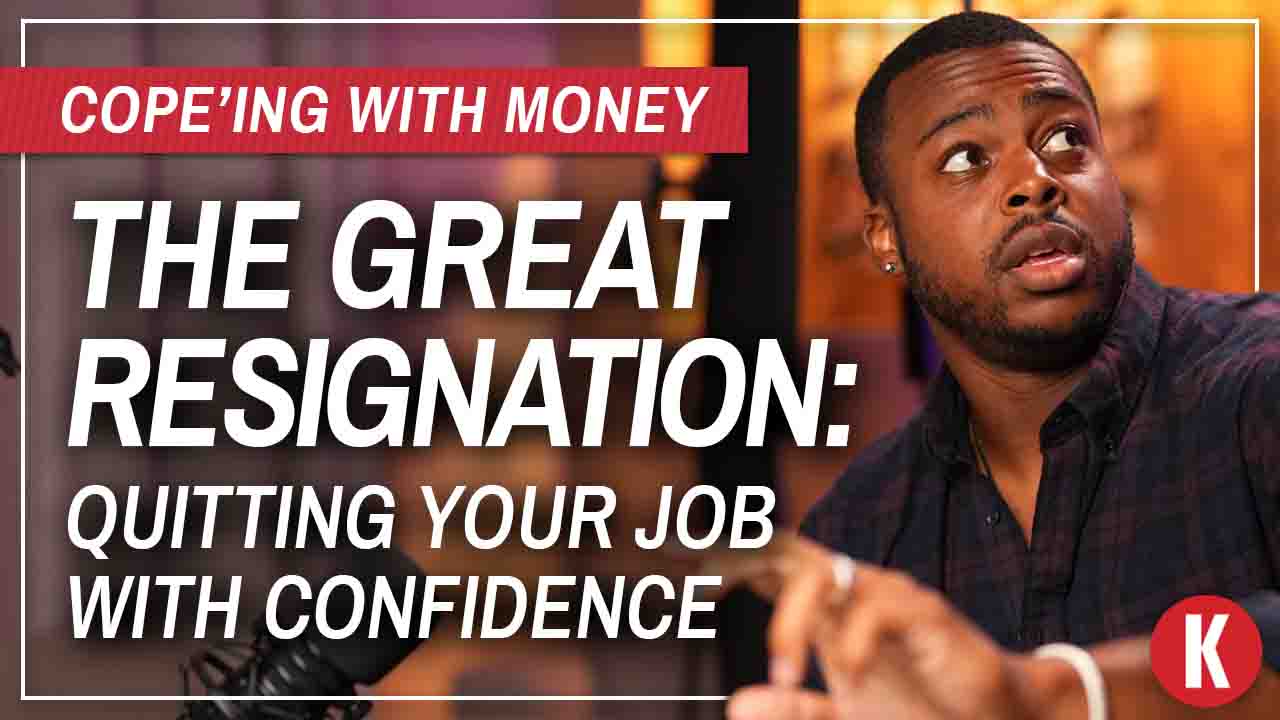 The Great Resignation: How to Quit Your Job With Confidence
The Great Resignation: How to Quit Your Job With ConfidenceBrandon Copeland Atlanta Falcons linebacker and Kiplinger contributing editor Brandon Copeland provides tips on how to properly quit your job and upgrade your career.
-
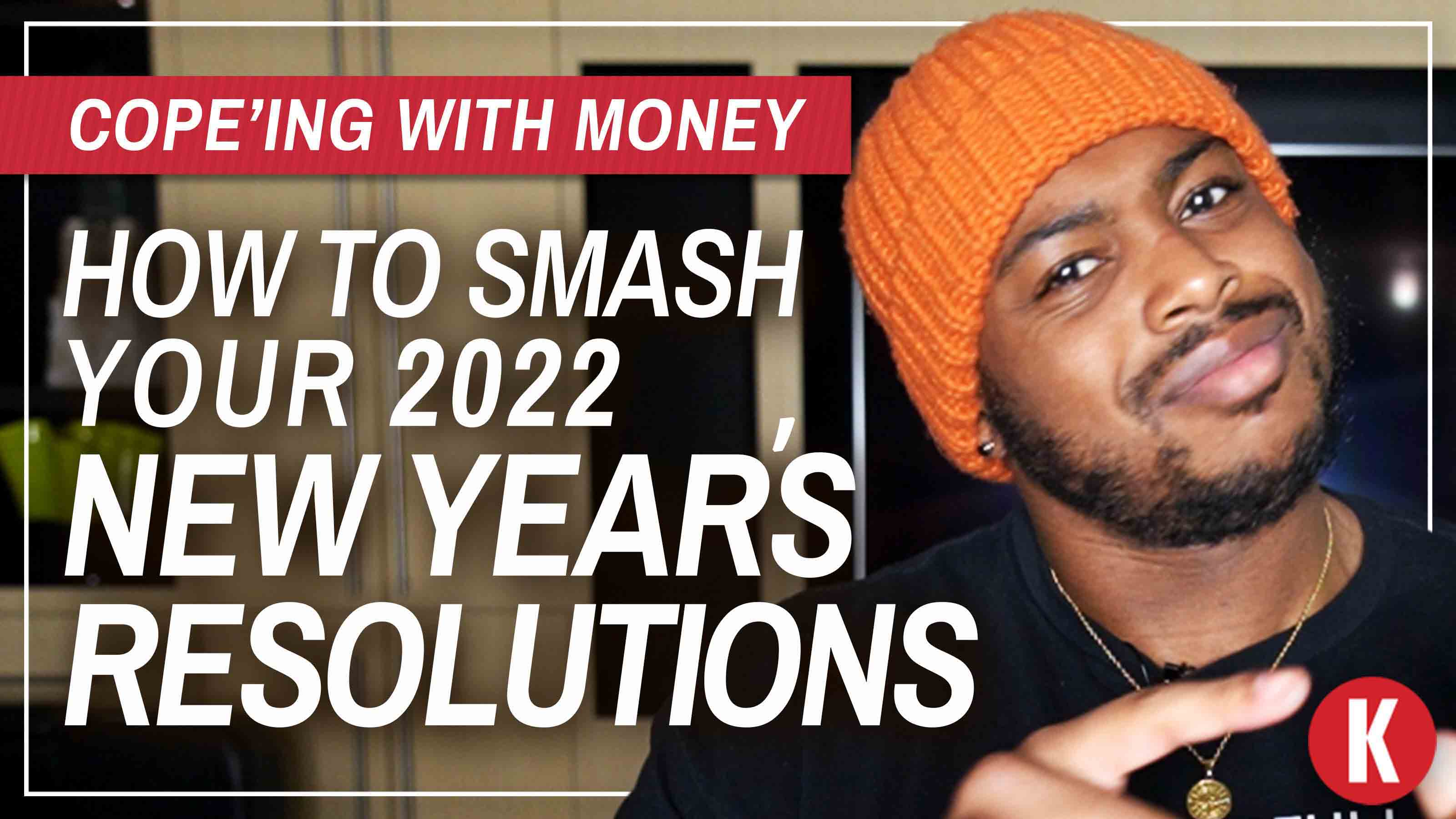 How to Achieve Your 2022 New Year's Resolutions
How to Achieve Your 2022 New Year's ResolutionsBrandon Copeland You've already made your New Year's resolutions. Atlanta Falcons linebacker and Kiplinger contributing editor Brandon Copeland explains how you can stick with them and accomplish them.
-
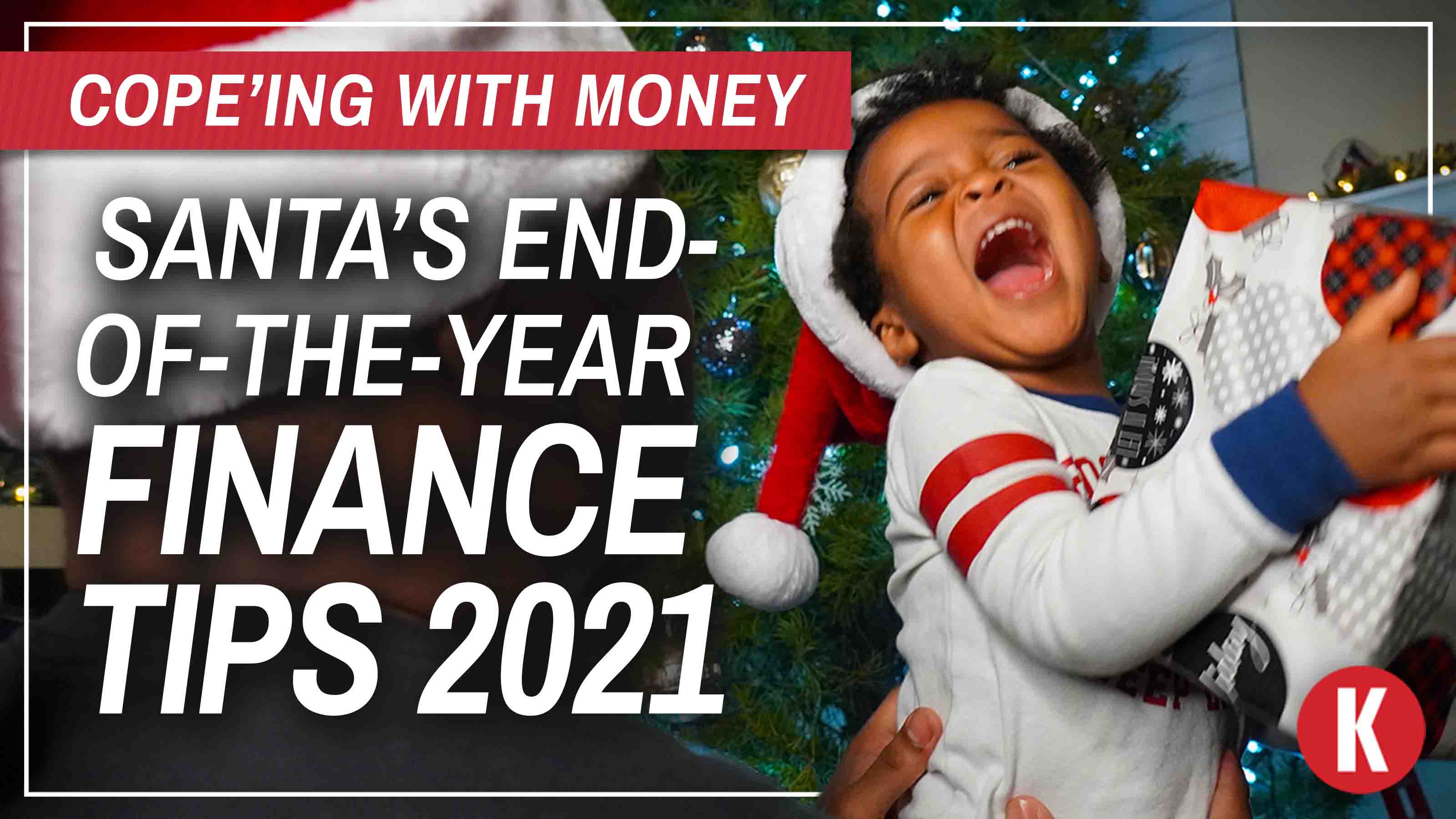 Santa's End-of-the-Year Finance Tips
Santa's End-of-the-Year Finance TipsFeature Atlanta Falcons linebacker and Kiplinger contributing editor Brandon Copeland shares a few ways you can improve your finances before 2022 gets here.
-
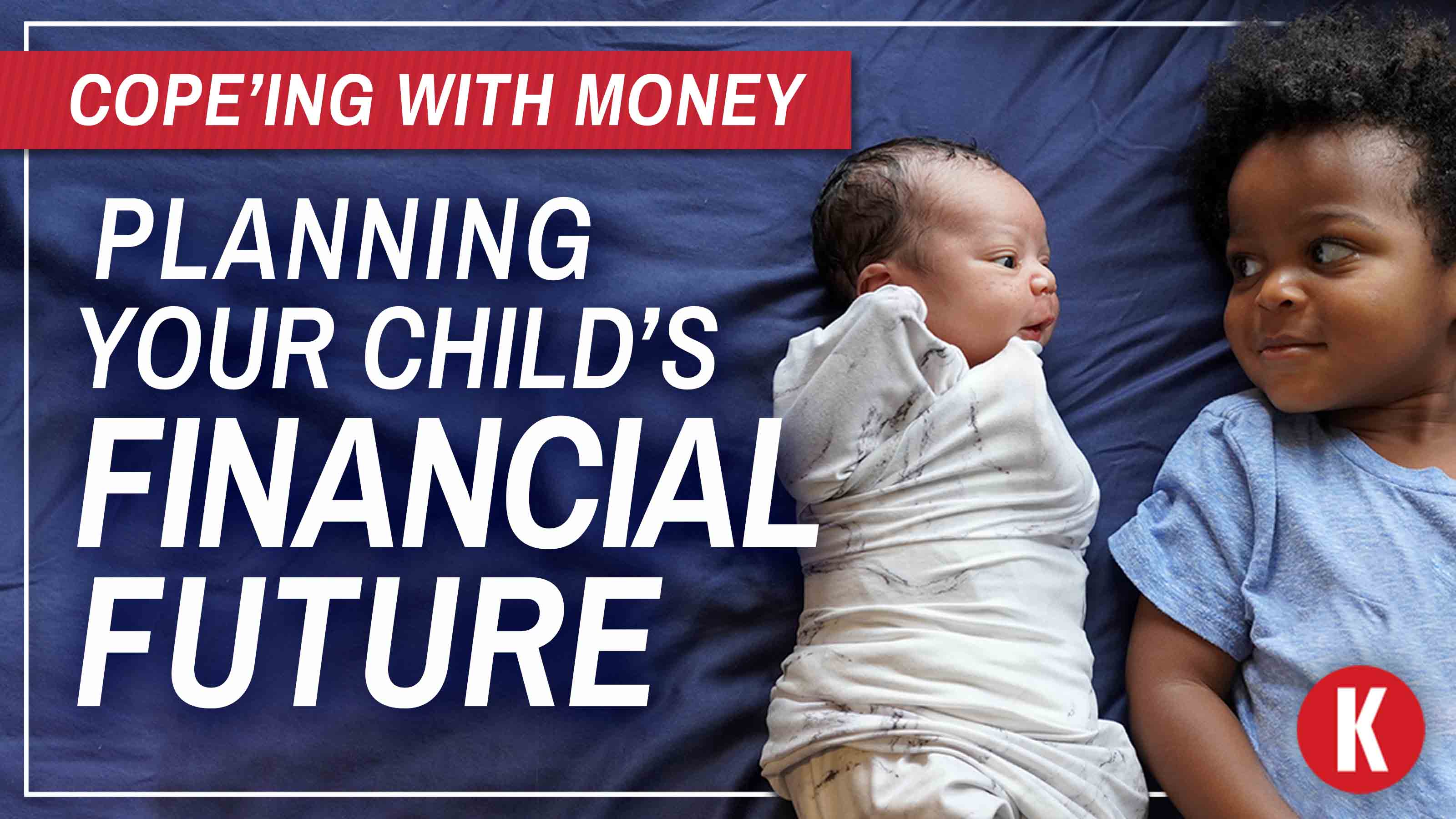 Planning Your Child's Financial Future
Planning Your Child's Financial FutureFeature Atlanta Falcons linebacker and Kiplinger contributing editor Brandon Copeland talks about ways to set your child up with a strong financial foundation.